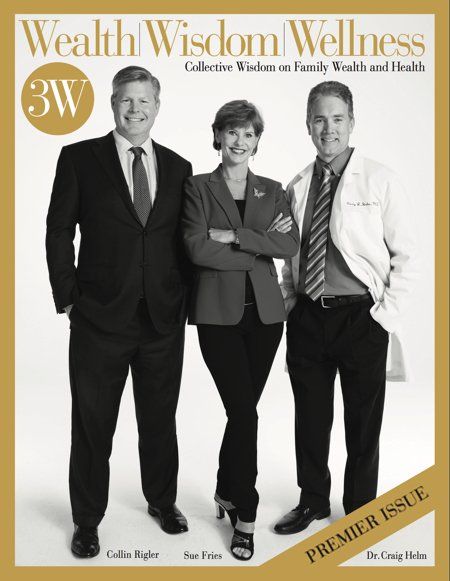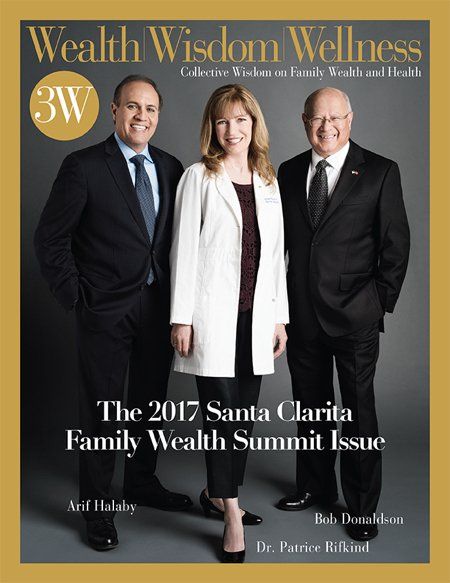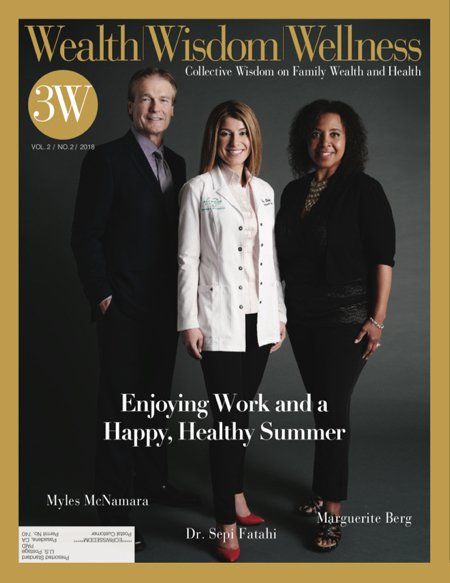How to Combat Alzheimer’s Disease Without Drugs
From Issue #4
Healthy Diet, Lifestyle Can Delay or Diminish Dementia
By LaRue Palmer & Stephen K. Peeples
Researchers have not yet found a cure for Alzheimer’s disease, a usually fatal form of dementia named after German physician Dr. Alois Alzheimer, who first identified the disease in 1906. In fact, we’re still a long way off.
But after more than 100 years of research, we know a great deal more about Alzheimer’s. It’s the most common cause of dementia, accounting for 60-80 percent of all cases, which is why so much attention is given to Alzheimer’s.
Scientists are learning a great deal about the relationship between cognitive decline and dementia and vascular conditions such as heart disease, stroke and high blood pressure, as well as metabolic conditions such as diabetes and obesity.
An article published in The Lancet Neurology in May stated that almost a third of all cases of Alzheimer’s disease worldwide could be prevented if people took charge of their unhealthy lifestyle issues.
Hypertension in middle age, diabetes, obesity, physical activity, depression, smoking, and low education all play a role, according to the article. Of all these factors, heart health seemed to be the most significant.
I agree wholeheartedly, because heart disease risk factors also have a significant effect on brain health, and research shows that a heart-healthy diet low in saturated fats may also help reduce the risk of dementia.
Over the last half-century, the high-fat, high-sugar, highly processed Standard American Diet (S.A.D.) has gone global, and so have the same chronic illnesses we suffer from as a result. In future years we can expect to see Alzheimer’s cases increase worldwide.
A condition known as insulin resistance has been identified as a precursor to chronic diseases including obesity, type 2 diabetes, hypertension and, of course, Alzheimer’s disease.
Of course, advancing age is the greatest known risk factor for dementia. The likelihood of developing Alzheimer’s doubles about every five years after age 65. Usually, at that age and even younger, we start to see signs of memory loss and diminished cognitive function.
The Lancet article is part of what’s now a mountain of evidence indicating that overall healthy living – no matter at what age – may help keep the brain healthy and may even reduce the risk of developing Alzheimer’s in later years.
The Alzheimer’s Association agrees, noting those measures include “a healthy diet, staying socially active, avoiding tobacco and excess alcohol, and exercising both the body and mind.” All those factors contribute to our staying healthy as we age.
Ongoing research will help us understand more about how to reduce risk factors for these conditions, which in turn may help us learn to better reduce the risk of Alzheimer’s.
Better Health Without Drugs
But we already know enough to act now, which is why millions of Americans are now looking for new ways to achieve better health without pharmaceuticals.
As a certified health coach and diabetes educator, I encounter people daily whose bodies are suffering the consequences of a lifetime of abuse.
For most, just the decision to modify their lifestyles to reduce the self-abuse is a big step. But it’s just the first.
When people are ready to act, a health coach is an invaluable ally.
In my case, my culinary background, knowledge of nutrition and coaching expertise represent lethal weapons in our modern-day version of the Battle of the Bulge.
In my health coaching program and others like it, my clients get the tools that enable them to take those next steps.
They learn proven mind-over-mood techniques so they’re strong enough to overrule their emotions when it comes to making health-conscious diet and lifestyle decisions.
Often for the first time in their lives, my clients are empowered to modify their behavior in a way that transforms their lifestyle over time.
Food becomes the secondary issue to the behavior modification, and they have greater success because they have a coach that guides them every step of the way.
Regaining better health is a huge motivator to stay on the healthy path because they see results and have someone keeping them accountable along the way.
My clients’ success is a testament to the benefits of a comprehensive health program that has a weight loss component. It’s not just a diet, but a lifestyle transformation that will vastly improve their health by effectively lowering their risk for Alzheimer’s and other chronic illnesses.
Hippocrates’ words ring truer now than ever: “Let food be thy medicine, and medicine be thy food!”
LaRue Palmer is a Certified Health Coach and Diabetes Educator. His optimal health program is Dietbetic Healing. He shares a practice with Tyra Beavers, DC at Chiro-Integrative Health Center, 250 N. Robertson, Suite 516, Beverly Hills, CA 90211. Reach him directly at 323-620-1601.
Wealth Wisdom Wellness is published by CT3Media, Inc.
© Wealth | Wisdom | Wellness Magazine. All Rights Reserved.
ABOUT US
Wealth | Wisdom | Wellness is published by CT3Media, Inc.
© Wealth | Wisdom | Wellness Magazine. All Rights Reserved.




